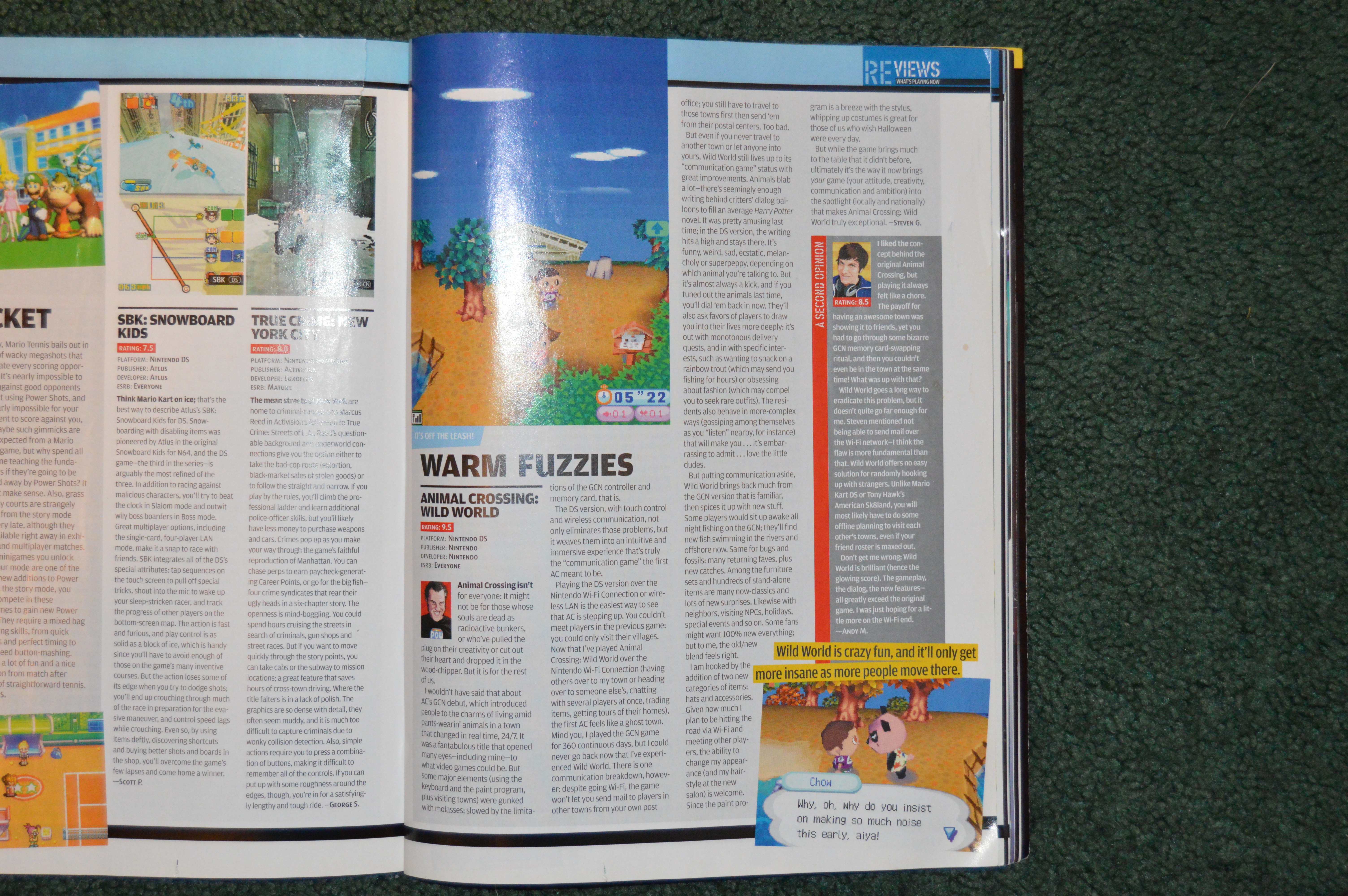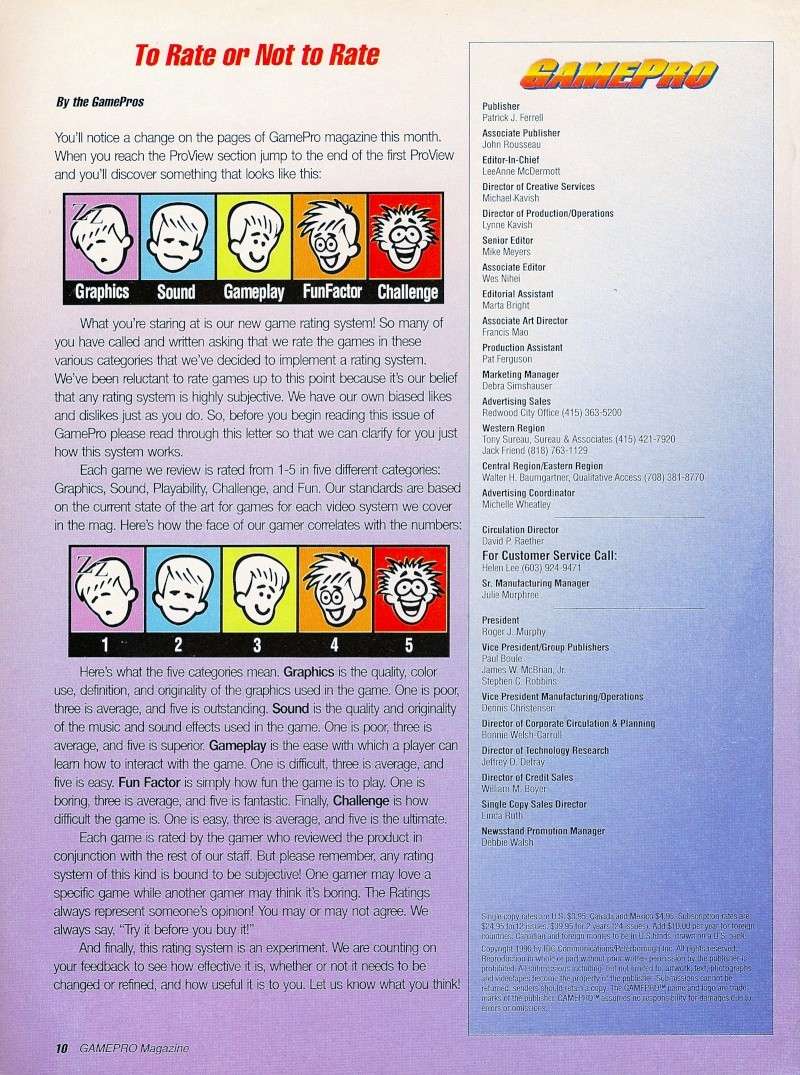So I have a small collection of old Nintendo power magazines lying around and was flipping through one for a nostalgia trip and I couldn't help but notice how much better written, stylized, and generally well done their review sand review format was.

Let's just take a look at this. The writing, grammar, etc are all much better done. The reviews flow from one section to another with no harsh breaks. Humor is well placed throughout (but not too distracting) and they even give a second opinion.
This excerpt from an old Nintendo power may single handedly be better than any modern review I've read. Period.
What do you think?

Let's just take a look at this. The writing, grammar, etc are all much better done. The reviews flow from one section to another with no harsh breaks. Humor is well placed throughout (but not too distracting) and they even give a second opinion.
This excerpt from an old Nintendo power may single handedly be better than any modern review I've read. Period.
What do you think?




